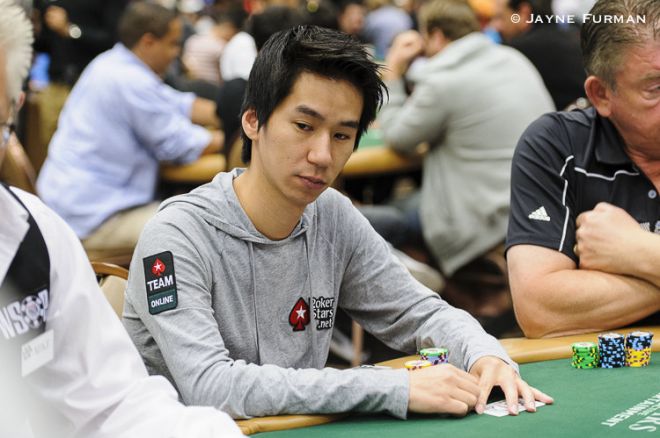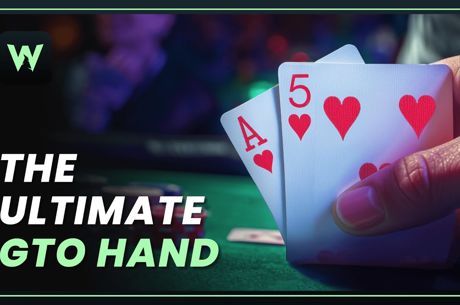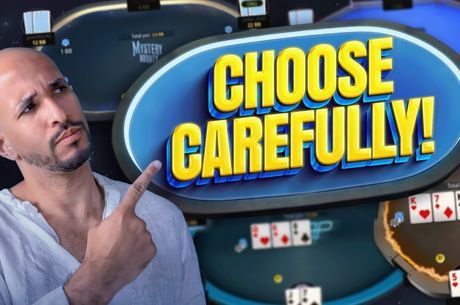Talking Poker: Reverse Implied Odds

Each week, the Talking Poker series highlights a particular poker term. We’ll give you a clear, to-the-point definition of the term and an example of the strategic concept to which it refers, so that you can start using the term and implementing the related strategy into your game. This week we will be focusing on reverse implied odds.
Definition
Reverse implied odds refer to how much you stand to lose in a hand should you make your draw. This is the opposite of implied odds.
Example
The game is no-limit hold’em. In a heads-up pot, the board is 7♦8♣9♦. Player A has 5♥4♥ and is facing a continuation bet from Player B.
Player A must now consider reverse implied odds. If a 6x comes on the turn, Player A will have a straight, but it will be possible for Player B to have a better straight. Meanwhile, if a diamond comes, it is possible for Player B to make a better flush.
Strategic Considerations
Reverse implied odds are calculated by comparing the strength of one's draws versus the likelihood an opponent could be drawing to something better. As reverse implied odds rise, the more they diminish the strength of implied odds. If there are high reverse implied odds and a player is not getting the correct pot odds to call on a draw, the right play is to fold.
Watch and Learn
For more on the subject, watch Team PokerStars Pro Online member Randy “nanonoko” Lew speak to PokerNews about reverse implied odds and provide examples of how the concept is used.
Get all the latest PokerNews updates on your social media outlets. Follow us on Twitter and find us on both Facebook and Google+!








